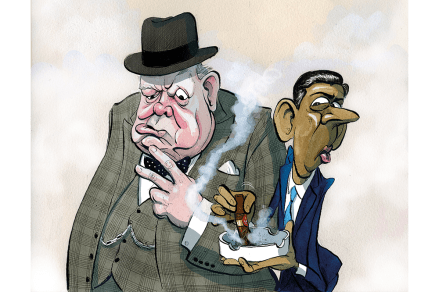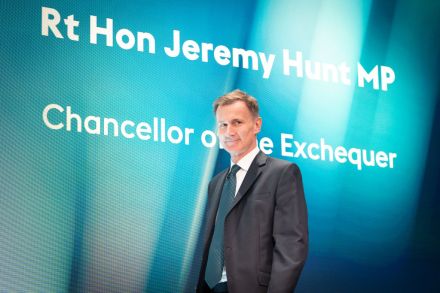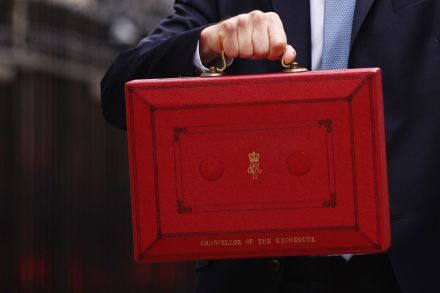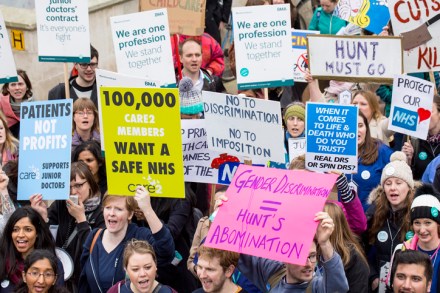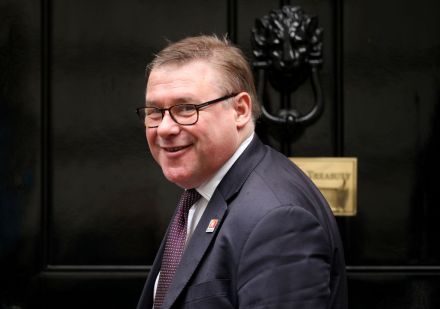How the Tories gave up on liberty
Rishi Sunak stood glowering over a school table and listed, with disdain, the flavours of the vapes that lay on the table in front of him. ‘Grapefruit,’ the Prime Minister declared. ‘Bubblegum. Strawberry. Berry Burst.’ Pupils at Haughton Academy were then invited to express their own disgust: ‘Bright colours,’ observed one student. ‘Appealing to younger
